Our moms were right: maybe you can get addicted to video games. At least that’s what the World Health Organization is positing. WHO has announced “gaming disorder” as a new mental health condition in the 11th edition of its International Classification of Diseases. The diagnosis comes from WHO’s Department of Mental Health and Substance Abuse, where department member Dr. Vladimir Poznyak said, “I’m not creating a precedent.”
Poznyak describes the disorder with three main attributes. “One is that the gaming behavior takes precedence over other activities to the extent that other activities are taken to the periphery,” he said.
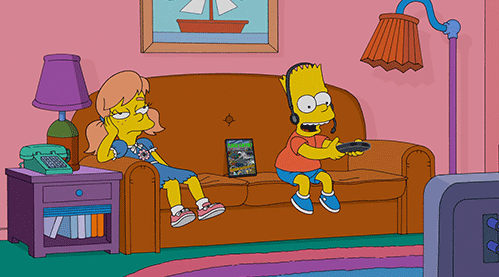
The second attribute is “impaired control of these behaviors. Even when the negative consequences occur, this behavior continues or escalates.”
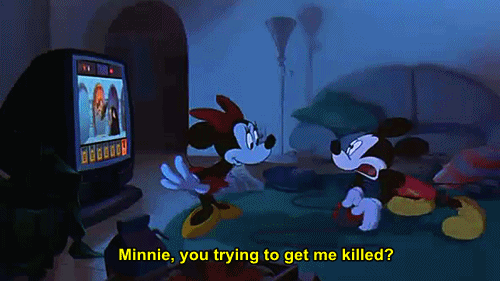
A third feature is that the condition “leads to significant distress and impairment in personal, family, social, educational or occupational functioning.”
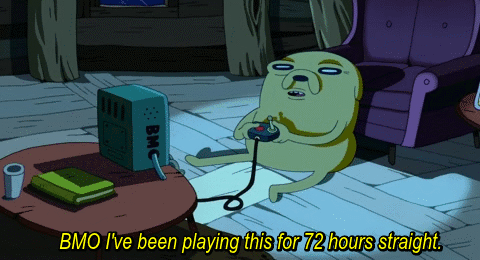
The diagnosis shares many similarities with substance abuse, gambling, and other addictive behaviors. But Poznyak is quick to discourage people from immediately diagnosing all gamers with the affliction. “Millions of gamers around the world, even when it comes to the intense gaming, would never qualify as people suffering from gaming disorder,” he noted. He also advised people not to self-diagnose or diagnose others, and to leave such decisions to qualified mental health professionals.
While some concur with Poznyak’s diagnosis, there are many mental health professionals who disagree. Licensed psychologist Anthony Bean believes that the condition is less an isolated problem and considers excessive gaming “more as a coping mechanism for either anxiety or depression. When anxiety and depression is dealt with, the gaming goes down significantly.” Experts in the field have also criticized the broad outlining of the issue, which lacks the nuance and leveling that other disorders subscribe to.
Then, there is the issue of mental health professionals not adequately understanding the expansive range and diversity of the games and the players who play them. There’s a world of difference between a multi-player game with voice chat vs. an augmented reality app-based game like Pokémon Go vs. playing solitaire alone on a desktop. Bean says, “If we understand what genres each person gravitates towards, it informs who they are as a person and why they choose that.” Ultimately, any behavior or activity, in the right circumstances, can turn addictive. If gaming (or activity or substance) is keeping you from living a functional life, seek professional help or even reach out to a friend or loved one. You’re never alone.
(via CNN, image: FREDERIC J. BROWN/AFP/Getty Images)
Want more stories like this? Become a subscriber and support the site!
—The Mary Sue has a strict comment policy that forbids, but is not limited to, personal insults toward anyone, hate speech, and trolling.—



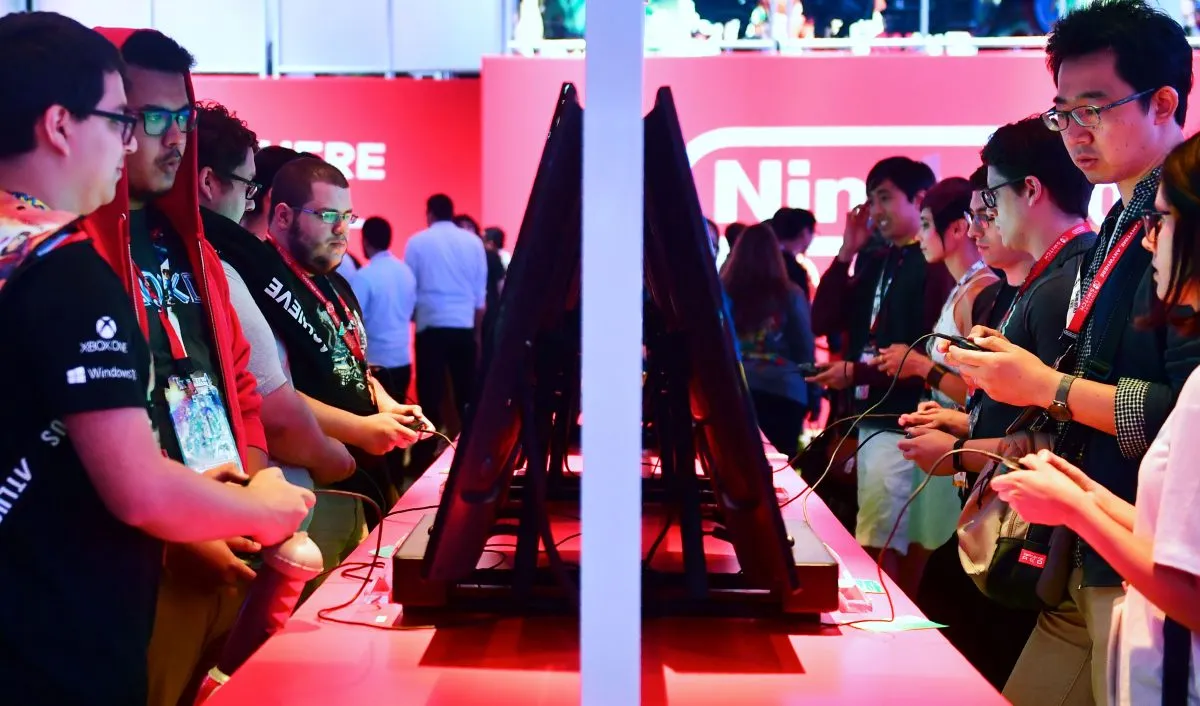
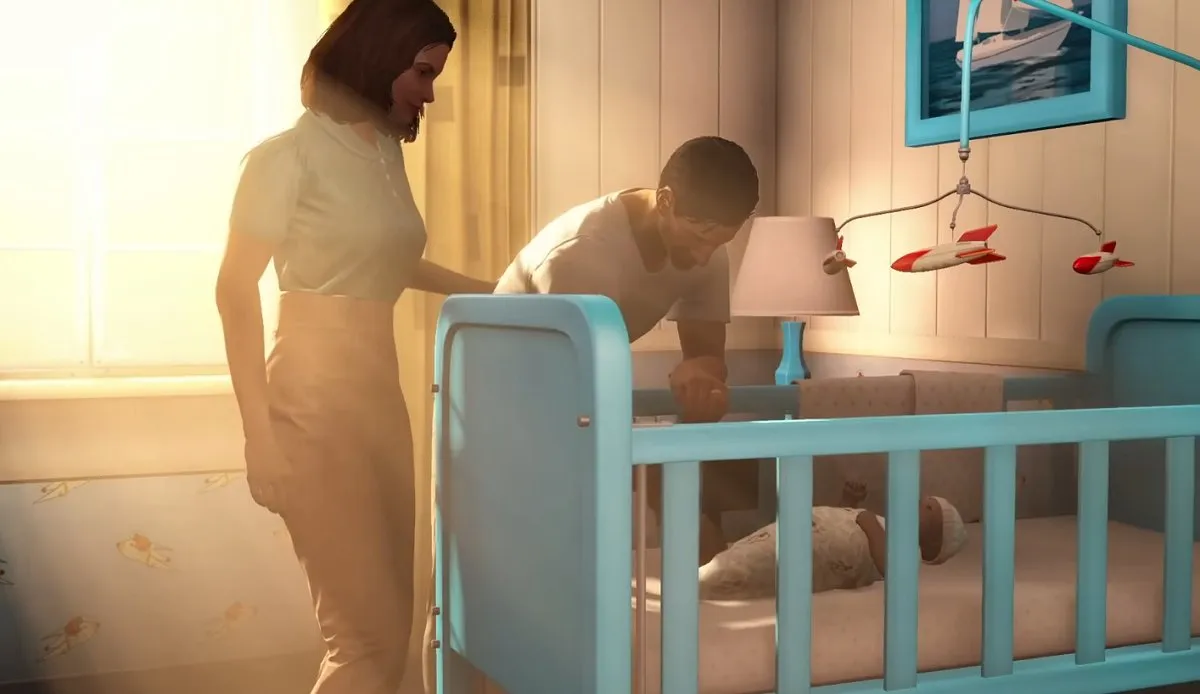





Published: Jun 18, 2018 12:10 pm